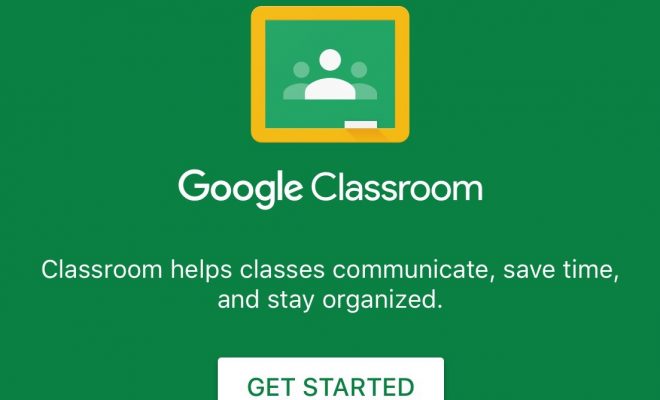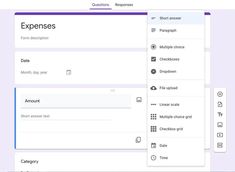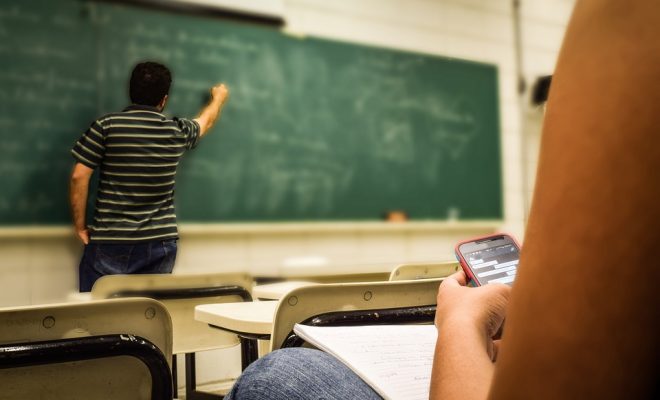How Does Google Classroom Manage Student Data and Privacy?
As an educator, protecting your learners’ privacy and data should be considered whenever choosing a digital app for your Classroom. Anytime an app might collect data from learners, it is important to ask questions about how the companies are securing, using, or storing learner data.
According to Google, data security and privacy is their number one priority for all G Suite Education products. The company tries to be as transparent as possible about the data that they collect. Google claims that when their services are used, they collect data from web searches, websites visited, watched videos, user location, and apps used to access Google products. Their reasoning behind their policies of data collection is that they use this data to make their services work better for the user. Therefore, it can be assumed that Google will be collecting data every time a student uses their product. However, they make assurances that collected data is only used for product development and is kept private.
Stakeholders have expressed doubts about Google’s ability to deliver on these promises about privacy and data protection. The visibility of Google branding and products in schools has raised questions about the trade-offs of allowing Google to build its brand.
Educators must remember that parents and families have a right to opt-out if they do not want their children to utilize Google products in school. Before launching Google Classroom, school administrators and educators might want to have an alternative plan for learners who may opt-out. Schools should obtain parents or guardians permission for their children before adding them to Google Classroom. Some families might prefer their children to stay off the internet completely, and strictly prefer traditional learning. This is certainly within the parents or guardians right and should be a discussion before implementing any use of Google products in your Classroom
Whether you utilize Google Classroom or not, it is important to get learners thinking about data privacy and security. Educators should discuss the importance of digital citizenship and internet safety with their students. This includes a warning about sharing private and sensitive information over the internet and being careful about what you post. Educators can also encourage families to have this talk with their children to make sure they understand the implications behind internet safety beforehand, especially in this technology-driven society we now live in.




